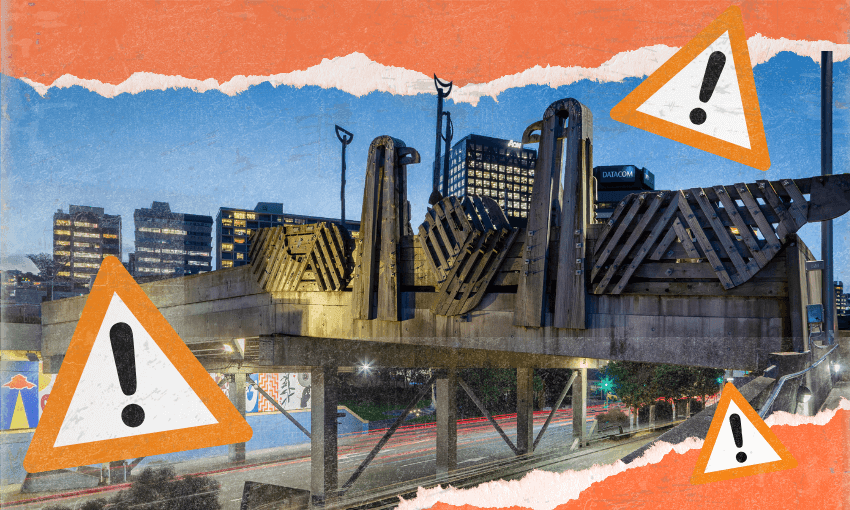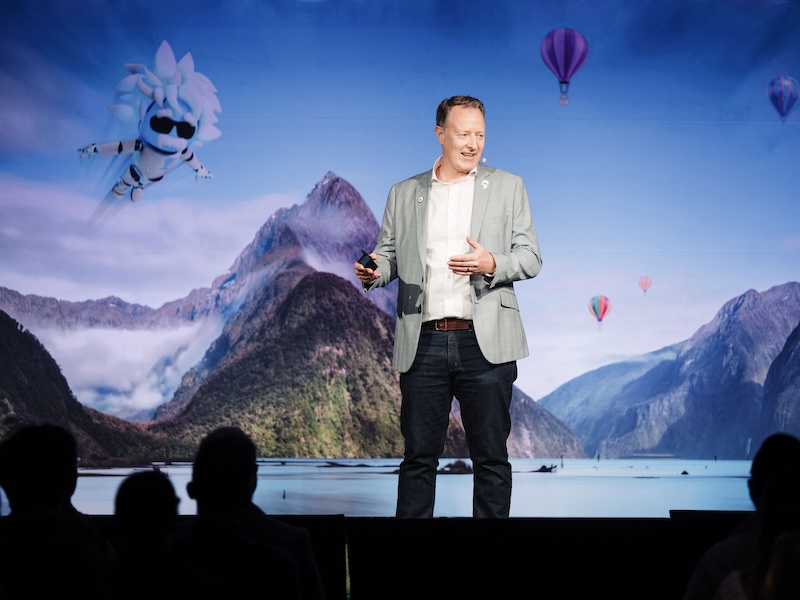A woman whose son was killed in the Christchurch mosque attack says painful lessons must be shared to protect communities from future acts of terrorism.
Dr Maysoon Salama is the emeritus national co-ordinator of the Islamic Women’s Council of New Zealand (IWCNZ).
She urged all member states of the United Nations to support victims of terror at the two-day UN Global Congress of Victims of Terrorism which is now under way in New York.
Salama will also be a panellist at the conference which will examine and address terrorist attacks based on xenophobia, racism, and other forms of intolerance, or in the name of religion or beliefs.
READ MORE:
* Heartbreak and support from Muslim, Sri Lankan, Pākehā and Māori communities after terror attack
* Mosque attack survivors appointed to board set up after March 15 investigation
* From grief, hope: Mother of March 15 victim writes book to help children dealing with trauma
Salama is urging governments to implement systems to ensure hatred and ignorance is not able to grow anywhere in the world.
Her son, Ata Mohammad Ata Elayyan, was one of the more than 50 worshippers killed by the Christchurch terrorist in the March 15, 2019, attack.
Survivors of the attack were left traumatised along with witnesses, family members and friends of the victims, Salama said in a statement.
“Many still suffer – physically, psychologically, spiritually, and financially. Tragically, terrorist attacks continue, and perpetrators appear to be inspired by the motivations and violent actions of others.”
JOHN KIRK-ANDERSON/Stuff
Dr Maysoon Salama, whose son was killed in the Christchurch terror attack, is urging all nations to protect victims of terror.
Both Salama and the IWCNZ supported calls for stronger hate-speech legislation focused on social and other forms of media.
However, while agencies and governments could be well-meaning following attacks, they could also exacerbate the suffering of victims through bureaucratic and institutionalised thinking, Salama said.
“Those of us most affected by terrorism must educate our neighbours and friends, our politicians and policymakers and, most importantly, our children if we want to rid the world of bigotry and the violent acts that occur in its wake.
“To achieve this, we need global investment in universal education and the systems that support it.”
The IWCNZ also wanted further research to be undertaken focused on how young people become radicalised and how to identify concerning behaviour from individuals.
It said member states should carefully listen to victims of terror and act on their lessons and experiences accordingly.
“The victims of terror can tell you in detail what hindered and what helped us cope with the ongoing effects of the horror we experienced,” Salama said.
“Listen to us and learn so that we can combat radicalisation, prevent future terrorist attacks, and better support the victims who have been injured and lost to us.”




















Discussion about this post